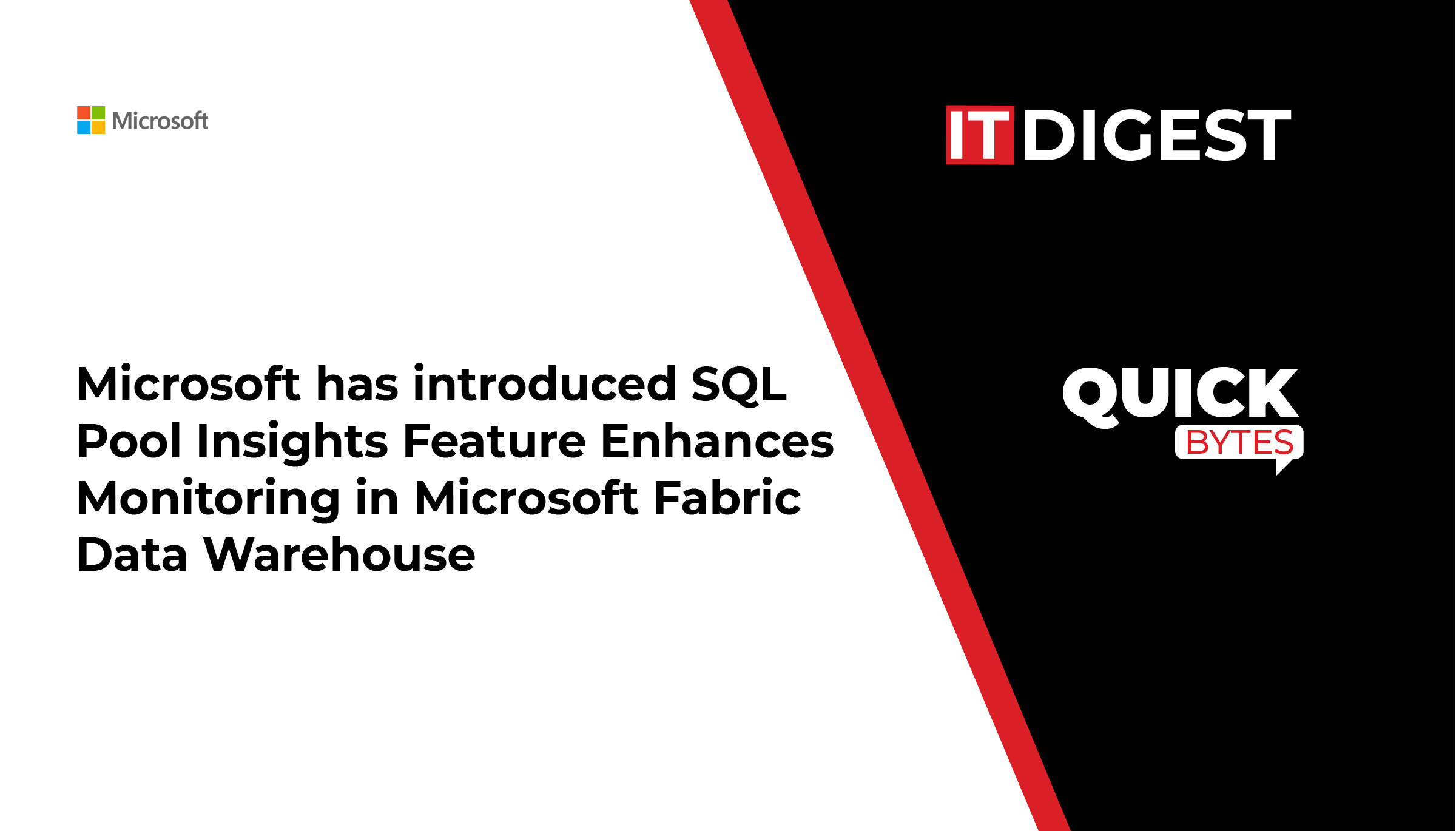Monte Carlo, the data observability leader, announced a series of new product advancements to help companies tackle the challenge of ensuring reliable data for their data and AI products.
Among the enhancements to its data observability platform are integrations with Kafka and vector databases, starting with Pinecone. These forthcoming capabilities will help teams tasked with deploying and scaling generative AI use cases to ensure that the data powering large-language models (LLMs) is reliable and trustworthy at each stage of the pipeline. With this news, Monte Carlo becomes the first-ever data observability platform to announce data observability for vector databases, a type of database designed to store and query high-dimensional vector data, typically used in RAG architectures.
To help these initiatives scale cost-effectively, Monte Carlo has released two first-of-its-kind data observability products, Performance Monitoring and Data Product Dashboard. While Performance Monitoring makes it easy for teams to monitor and optimize inefficiencies in cost-intensive data pipelines, Data Product Dashboard allows data and AI teams to seamlessly track the reliability of multi-source data and AI products, from business critical dashboards to assets used by AI.
The Future of Enterprise AI Hinges on Data Reliability
announcements come amid the rapid growth of generative AI initiatives and subsequent focus on democratizing access to data. According to Databricks’ State of Data and AI report, the number of companies using SaaS LLM APIs (used to access services like ChatGPT) has grown 1310% between the end of November 2022 and the beginning of May 2023. Additionally, the report cited a 411% increase in the number of AI models put into production during the same period.
According to a 2023 Wakefield Research survey, data and AI teams spent double the amount of time and resources on data downtime year-over-year, owing to an increase in data volume, pipeline complexity, and organization-wide data use cases. The same survey found that time-to-resolution was a major culprit of the rise of data downtime, a 166% increase on average from last year.
To combat the trend of data downtime and help teams resolve data quality issues quickly and collaboratively, Monte Carlo’s newest product enhancements unlock operational processes and key business SLAs that drive data trust, including cloud warehouse performance and cost optimization and maximizing the reliability of revenue-driving data products.
Powering the Future of Trusted AI with Kafka and Vector Database Support
Apache Kafka, an open-source data streaming technology that enables high-throughput, low-latency data movement is an increasingly popular architecture with which companies are building cloud-based data and AI products. With Monte Carlo’s Kafka integration, customers can ensure the data that must be fed to AI and ML models in real-time for specific use cases is reliable and trustworthy.
Another critical component of building and scaling enterprise-ready AI products is the ability to store and query vectors, or mathematical representations of text and other unstructured data used in retrieval-augmented generation (RAG) or fine-tuning pipelines. Available in early 2024, Monte Carlo is the first data observability platform to support trust and reliability for vector databases, such as Pinecone.
“To unlock the potential of data and AI, especially large language models (LLMs), teams need a way to monitor, alert to, and resolve data quality issues in both real-time streaming pipelines powered by Apache Kafka and vector databases powered by tools like Pinecone and Weaviate,” said Lior Gavish, co-founder and CTO of Monte Carlo. “Our new Kafka integration gives data teams confidence in the reliability of the real-time data streams powering these critical services and applications, from event processing to messaging. Simultaneously, our forthcoming integrations with major vector database providers will help teams proactively monitor and alert to issues in their LLM applications.”
SOURCE: Businesswire

































